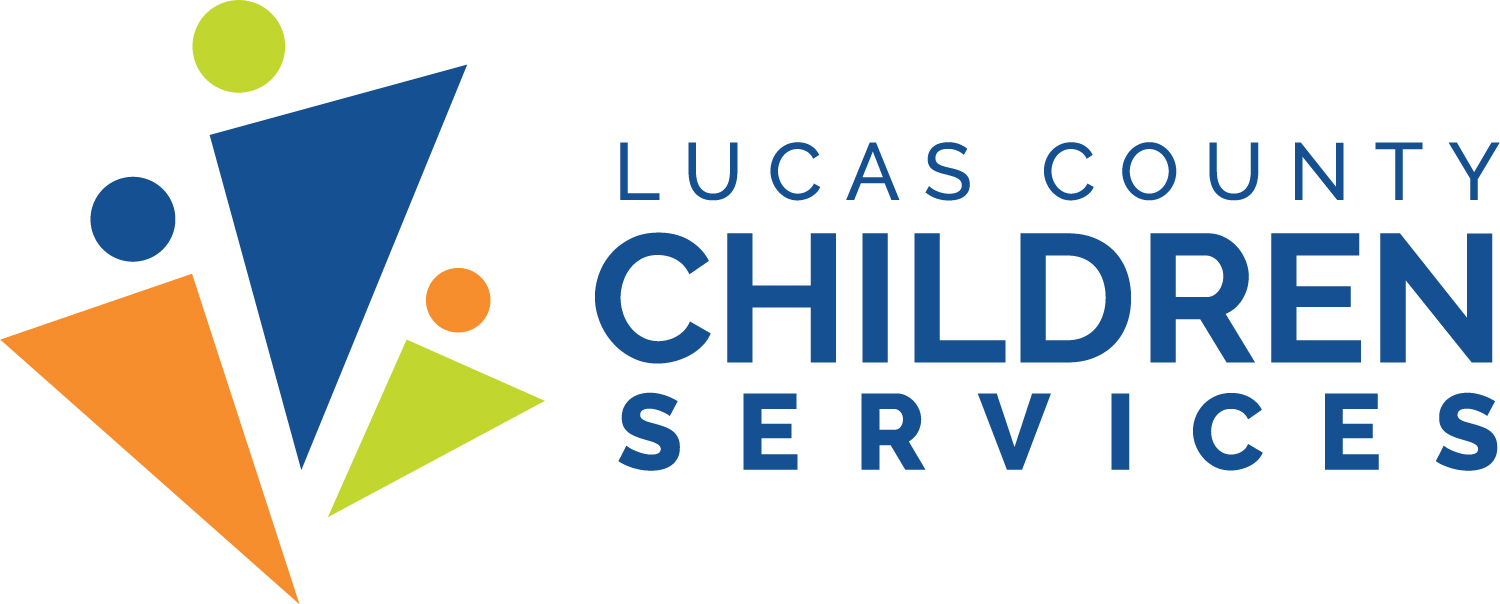Children entering foster care have experienced some kind of trauma. Foster care ensures that children’s basic needs are met on a daily basis. Children live with a foster parent or family until their parents or appropriate kin are able to safely resume parenting responsibilities. For children who cannot return to their birth family, LCCS may take permanent custody, and the children remain in foster care until an adoptive family is found. The length of placement varies with each child’s family circumstances.
During the time children live with a foster family, caseworkers will have monthly visits to monitor their progress and to ensure that caregivers have the training and resources they need. LCCS provides one caseworker for the child’s family, and another who assists the foster parent in their parenting role. Foster parents will receive a monthly stipend that reimburses them for meeting the basic needs of the foster children placed in their home, but you must have current documentation to verify that your income meets your family’s needs. Foster children also receive periodic clothing vouchers, and medical and dental coverage for their health needs. LCCS nurses monitor the health services of each child in foster care. Children in foster care visit weekly with their parents at LCCS Family Visits or other suitable locations.
When children are able to return home, it is LCCS’ expectation that foster parents help birth families make the transition by modeling good parenting skills and helping children adjust to their reunified family. Some foster parents remain resources to birth families, and maintain lifelong connections.

